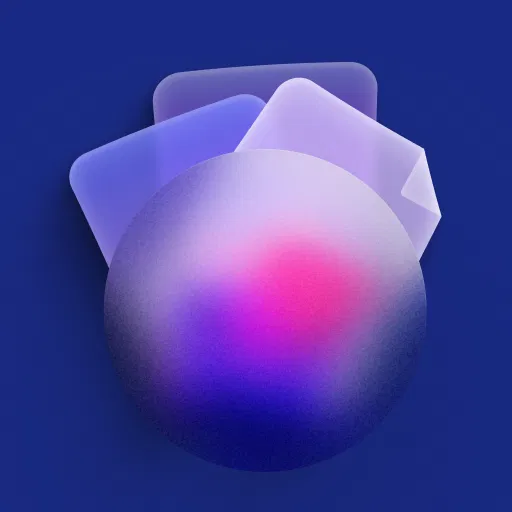google-research/bert vs GPT-4
Explore the showdown between google-research/bert vs GPT-4 and find out which AI Large Language Model (LLM) tool wins. We analyze upvotes, features, reviews, pricing, alternatives, and more.
In a face-off between google-research/bert and GPT-4, which one takes the crown?
When we contrast google-research/bert with GPT-4, both of which are exceptional AI-operated large language model (llm) tools, and place them side by side, we can spot several crucial similarities and divergences. The users have made their preference clear, GPT-4 leads in upvotes. GPT-4 has received 9 upvotes from aitools.fyi users, while google-research/bert has received 7 upvotes.
Don't agree with the result? Cast your vote and be a part of the decision-making process!
google-research/bert

What is google-research/bert?
The GitHub repository google-research/bert is a comprehensive resource for those interested in working with the BERT (Bidirectional Encoder Representations from Transformers) model, which is a method of pre-training language representations. Developed by researchers at Google, BERT has revolutionized the way machines understand human language.
The repository provides TensorFlow code and several pre-trained BERT models that can be used to build natural language processing (NLP) systems that understand textual input more effectively. With a wide range of applications in sentiment analysis, question answering, and language inference, this repository is an invaluable tool for developers and researchers looking to leverage the power of advanced NLP in their projects. The pre-trained models come in different sizes to accommodate various computational constraints, offering flexibility for deployment in different environments.
GPT-4

What is GPT-4?
GPT-4 is the latest milestone in OpenAI’s effort in scaling up deep learning.
GPT-4 is a large multimodal model (accepting image and text inputs, emitting text outputs) that, while less capable than humans in many real-world scenarios, exhibits human-level performance on various professional and academic benchmarks. For example, it passes a simulated bar exam with a score around the top 10% of test takers; in contrast, GPT-3.5’s score was around the bottom 10%. We’ve spent 6 months iteratively aligning GPT-4 using lessons from our adversarial testing program as well as ChatGPT, resulting in our best-ever results (though far from perfect) on factuality, steerability, and refusing to go outside of guardrails.
GPT-4 is more creative and collaborative than ever before. It can generate, edit, and iterate with users on creative and technical writing tasks, such as composing songs, writing screenplays, or learning a user’s writing style.
google-research/bert Upvotes
GPT-4 Upvotes
google-research/bert Top Features
TensorFlow Implementation: Complete TensorFlow code for implementing the BERT model.
Range of Model Sizes: Availability of 24 smaller BERT models suited for environments with restricted computational resources.
Pre-trained Models: A set of pre-trained BERT models that can be fine-tuned for various NLP tasks.
Extensive Documentation: Includes files like README.md and CONTRIBUTING.md to help users understand how to use the repository effectively.
Open Source Contribution: Opportunities for developers to contribute to the ongoing development of BERT.
GPT-4 Top Features
No top features listedgoogle-research/bert Category
- Large Language Model (LLM)
GPT-4 Category
- Large Language Model (LLM)
google-research/bert Pricing Type
- Free
GPT-4 Pricing Type
- Freemium
